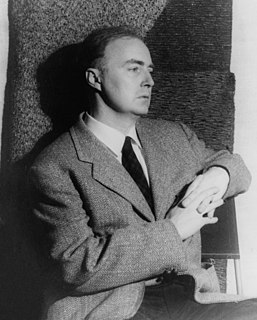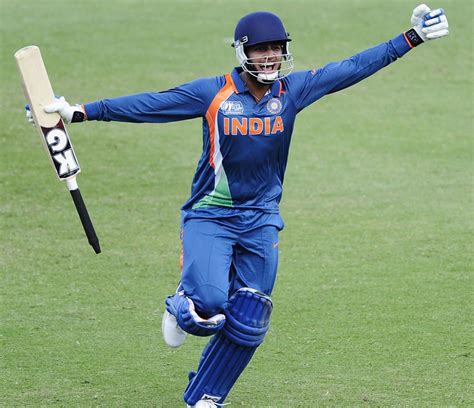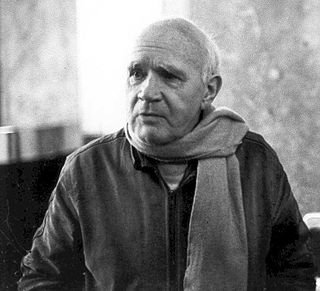A Quote by Derrick Jensen
No matter what we call it, poison is still poison, death is still death, and industrial civilization is still causing the greatest mass extinction in the history of the planet.
Related Quotes
We are hurtling back into a Soviet abyss, into an information vacuum that spells death from our own ignorance. All we have left is the internet, where information is still freely available. For the rest, if you want to go on working as a journalist, it's total servility to Putin. Otherwise, it can be death, the bullet, poison, or trial -whatever our special services, Putin's guard dogs, see fit.
To die proudly when it is no longer possible to live proudly. Death freely chosen, death at the right time, brightly and cheerfully accomplished amid children and witnesses: then a real farewell is still possible, as the one who is taking leave is still there; also a real estimate of what one has wished, drawing the sum of one's life--all in opposition to the wretched and revolting comedy that Christianity has made of the hour of death.
About the presence of death and dying I don't remember the society in the 1950s being so skittish as it has since become. People still died at home, among relatives and friends, often in the care of a family physician. Death was still to be seen sitting in the parlor, hanging in a butcher shop, sometimes lying in the street.
Many an expert says that there is a certain affinity between (Capablanca's style) and that of the world master, Lasker. There may be some truth in it. Lasker's style is clear water, but with a drop of poison which is clouding it. Capablanca's style is perhaps still clearer, but it lacks that drop of poison.
































